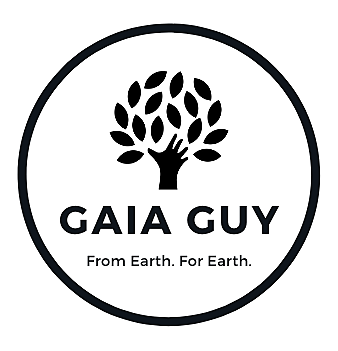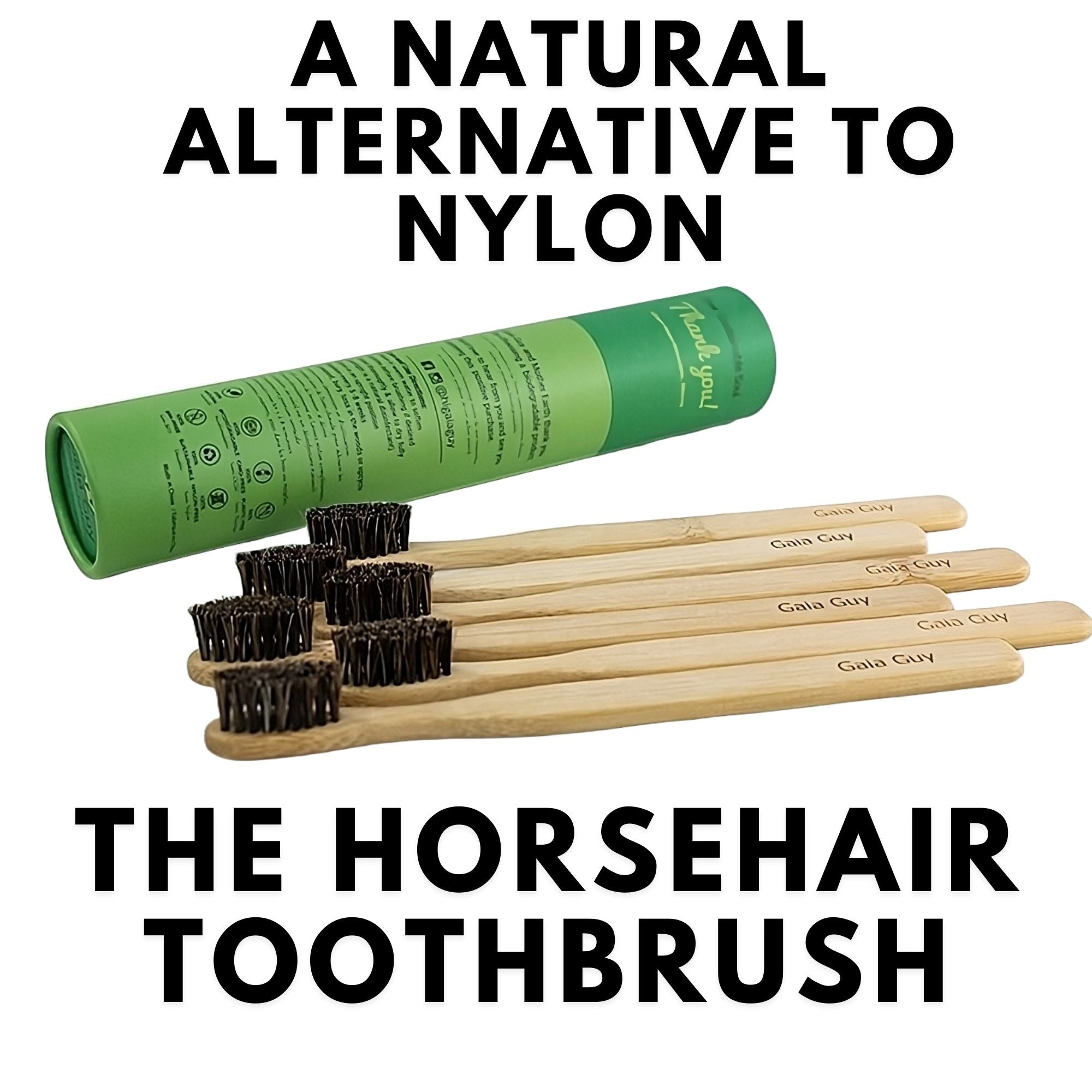
The environmental impact of laundry sheets, touted as a plastic-free alternative to traditional detergents is not looking good at all. We are going to dive into the controversy surrounding polyvinyl alcohol (PVA) which is the dirty little hidden plastic ingredient most companies don't want you to know about. Is it truly safe, and should you reconsider your laundry routine?
Read: 10 Eco-Friendly Fabrics For Your Sustainable Wardrobe
Laundry sheets, the seemingly eco-friendly solution to plastic waste, have become increasingly popular. With claims of plastic-free packaging and efficient storage, these tearable sheets have gained a following.
However, a closer look reveals a surprising truth — the main ingredient in many of these sheets is polyvinyl alcohol (PVA), a form of plastic.
A prohibition on the sale of laundry and dishwasher pods and sheets using polyvinyl alcohol.
https://legistar.council.nyc.gov/LegislationDetail.aspx?ID=6509337&GUID=914B8D14-7A0C-4E48-B97E-78E129FDECE2&Options=ID|Text|&Search=
The Allure of Laundry Sheets
Many, a conscious consumer, and zero waste store like Gaia Guy is always seeking to eliminate plastic our lives. Gaia Guy nearly launched these products until we saw PlasticPollutes Instagram Post about PVA.
Most people discovered laundry sheets during the pandemic. These thin, tearable sheets are a concentrated form of detergent, packaged in a compact cardboard box, eliminating the need for bulky plastic bottles. The marketing emphasizes their environmental benefits, such as reduced waste and efficient storage.
Unmasking the Plastic Reality
While consumers like Ratner praise the effectiveness of laundry sheets, many remain unaware of the plastic content. PVA, also known as PVOH, a top ingredient in these sheets, is often not explicitly mentioned in product labels. Despite marketing claims of being "plastic-free," these sheets contain oil-derived plastic.

The PVA Debate
Polyvinyl alcohol, deemed safe by the EPA and FDA based on lab studies, is known for its ability to biodegrade under certain conditions. However, recent studies have detected PVA in drinking water and human breast milk, raising concerns about its real-world behavior. The lack of a comprehensive national testing program leaves consumers in the dark amid conflicting information.
PVA: A Closer Look
Manufacturers argue that PVA is environmentally safe, citing its water solubility and biodegradability in wastewater. However, critics like toxicologist Joe Zagorski argue that, despite these qualities, PVA is still a form of conventional plastic. The majority of PVA production comes from fossil fuels, and conditions for its biodegradation may not always be present in waste-treatment plants.
Rethinking the Use of PVA
While some scientists argue that current evidence does not raise alarming concerns, the lack of real-world monitoring and testing remains a significant gap. The decision to continue using laundry sheets with PVA depends on individual priorities. If eliminating plastic is the goal, alternative options like laundry powder may be worth considering. What about soap nuts? Leave a comment below if you have tried them.
To Sheet or Not to Sheet?
In the quest for eco-friendly laundry solutions, the debate around PVA in laundry sheets adds complexity. While these sheets offer convenience and somewhat reduced plastic waste, the lingering uncertainty about PVA's real-world impact prompts a reconsideration. Consumers aiming for a truly plastic-free laundry experience might find solace in alternative products like this DIY laundry powder.
DIY All-Natural Laundry Powder Recipe (Soap-Free)
Swap the chemicals for sunshine with this easy, DIY laundry detergent! We're harnessing the power of natural ingredients like baking soda and washing soda to create a cleaning powerhouse that tackles dirt and stains without harsh perfumes or dyes.
Your clothes will be sparkling clean, soft to the touch, and bursting with life – all while being gentle on your skin and the planet. Ready to ditch the store-bought stuff and embrace laundry-day magic? Let's get mixing!
Here's a simple and effective recipe for an all-natural laundry powder made without bar soap:
Ingredients:
- 1 1/2 cups baking soda (aluminum-free)
- 1 1/2 cups washing soda (sodium carbonate)
- 1/2 cup Epsom salt
- 1/4 cup sea salt or any salt should work
- 20-25 drops essential oils (optional, choose lavender, citrus, or tea tree for pleasant scent and extra cleaning power)
Instructions:
- Combine dry ingredients: In a large bowl, whisk together the baking soda, washing soda, Epsom salt, and sea salt.
- Add essential oils (optional): If using, stir in the essential oils until evenly distributed.
- Store: Transfer the powder to an airtight container with a scoop or shaker lid. Label it with the ingredients and date.
Tips:
- Use a fine-grained washing soda for a smoother powder texture.
- Adjust the amount of essential oils based on your preference.
- This recipe is suitable for most washing machines, but if using a high-efficiency (HE) machine, you may need to reduce the amount of powder used per load. Start with 1-2 tablespoons per load and adjust as needed.
- For tougher stains, pre-treat with a natural stain remover or baking soda paste.
- This powder is not a bleach alternative, so if you need to whiten clothes, use natural methods like sun-drying or adding oxygen boosters.
- This recipe makes about 5 cups of powder, which should last for about 25-30 loads of laundry.
Additional Variations:
- For extra cleaning power: Add 1/4 cup castile soap flakes to the dry ingredients before mixing.
- For sensitive skin: Omit the essential oils or choose a gentle scent like chamomile or lavender.
- Remember: Always test any new laundry detergent on a small, inconspicuous area of fabric before using it on the entire garment.
For added softness: Using vinegar as a fabric softener in the wash is a popular green alternative to commercial softeners. It offers several advantages:
Softening fabrics: Distilled white vinegar neutralizes soap residue and mineral buildup from hard water, which can make clothes feel stiff. This leaves them feeling softer and more flexible.
Reducing static cling: Vinegar helps break down static electricity buildup, which can lead to clothes clinging together and attracting lint. This is especially helpful for synthetic fabrics.
Brightening colors: Vinegar can help prevent dye bleeding and keep colors looking vibrant, especially for dark clothes.
Natural antibacterial properties: The mild acidity of vinegar can help kill odor-causing bacteria, leaving your clothes smelling fresh.
Environmentally friendly: Vinegar is a biodegradable and non-toxic alternative to chemical-laden fabric softeners. It's also gentler on your skin and can be safer for those with allergies or sensitivities.
How to use vinegar as fabric softener:
- Add 1/2 cup of white vinegar to the fabric softener dispenser during the final rinse cycle of your wash.
- Don't mix vinegar with laundry detergent in the same compartment, as it can neutralize its cleaning power.
- You can add a few drops of essential oil to the vinegar in the dispenser if you want a light scent.
Things to keep in mind:
- While vinegar won't leave a strong vinegar smell on your clothes, it's best to test it on an inconspicuous area first to ensure there's no unwanted reaction with the fabric.
- Vinegar may not be suitable for all fabrics, especially delicate ones like wool or silk. Check the care label before using.
- Overusing vinegar can damage rubber seals in your washing machine. Stick to the recommended amount and avoid using it every wash.
Overall, using vinegar as a fabric softener is a safe and effective way to achieve soft, fresh laundry without harsh chemicals. Just follow the tips above and enjoy the benefits of this green cleaning hack!

Enjoy making and using your all-natural laundry powder! It's a great way to save money, reduce your environmental impact, and clean your clothes safely and effectively.










